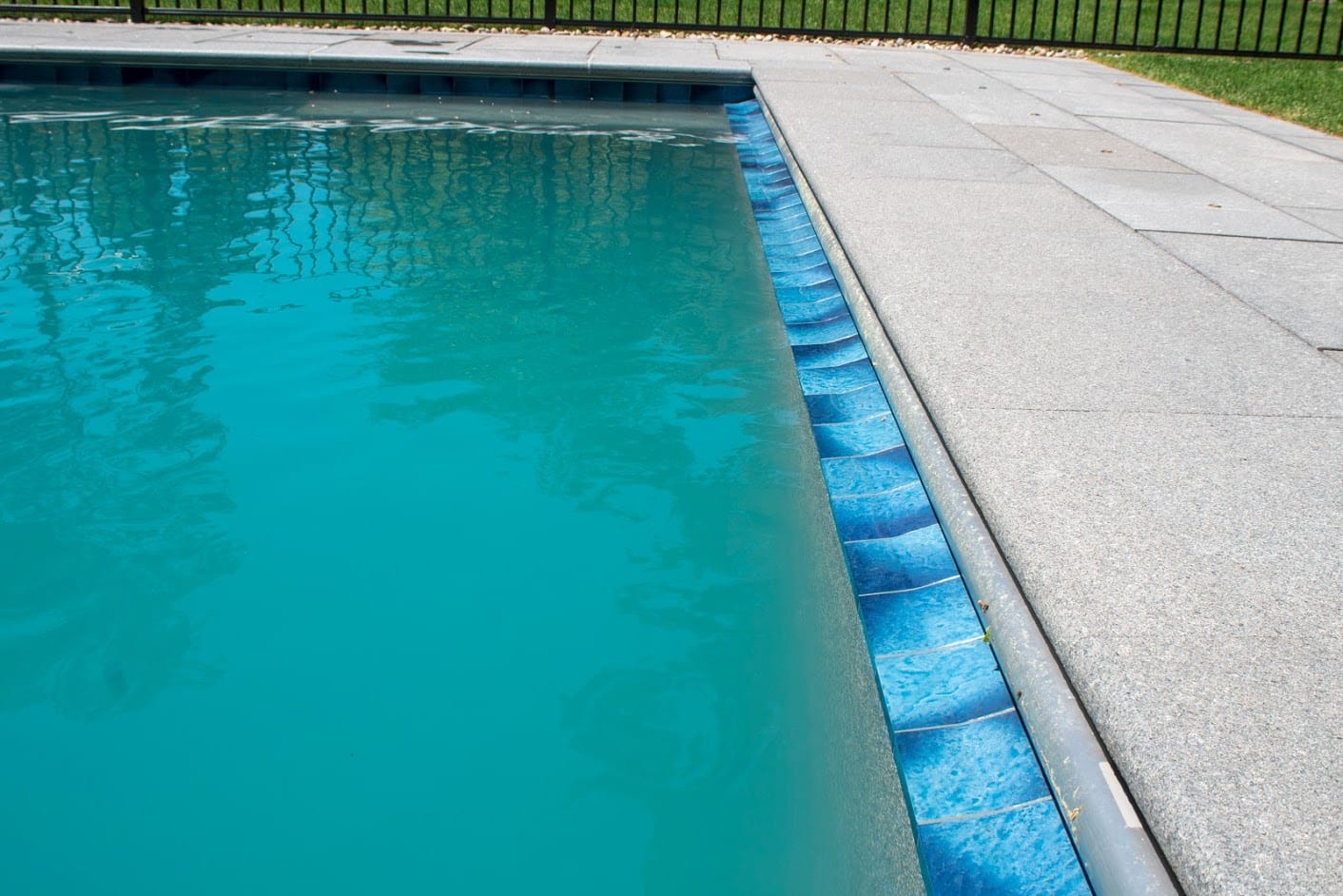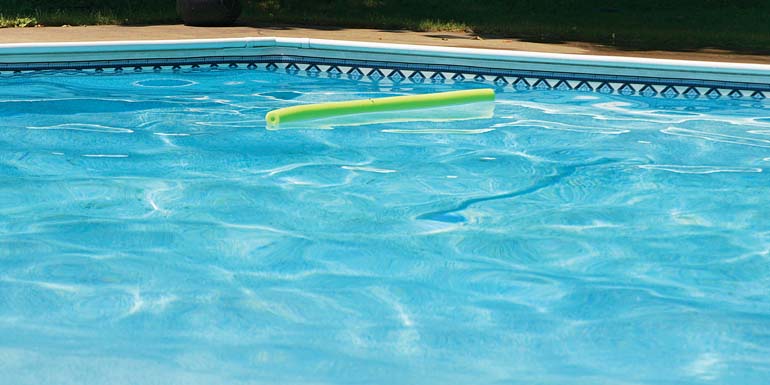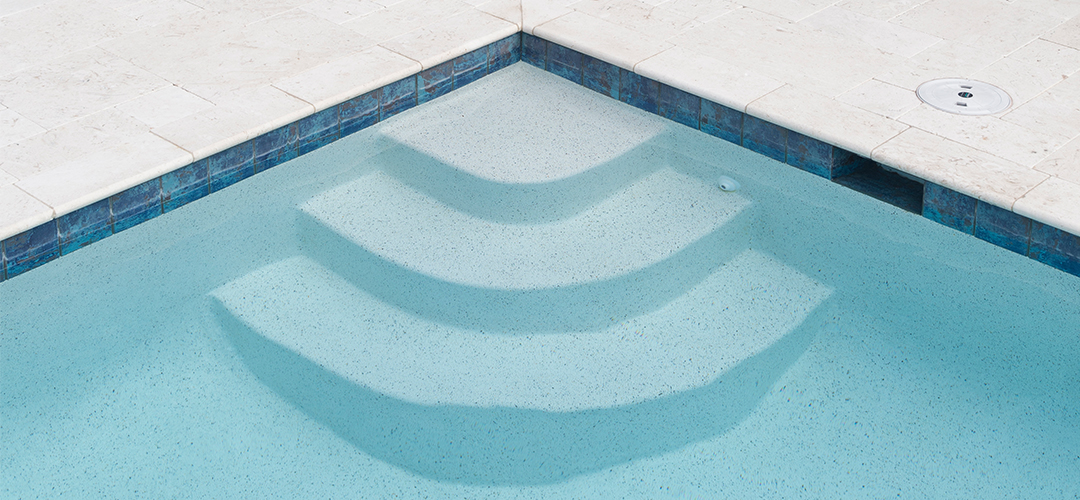Pool Water Hardness Too High

Water hardness below 200 ppm is too soft for pool water.
Pool water hardness too high. If the calcium hardness level in your pool gets too high the water will be hard. Soft water low calcium levels can cause plaster or concrete pool walls to lose their calcium to the pool water and can cause vinyl pools to lose their elasticity. Maintaining a hard water pool. The ideal range for calcium hardness in swimming pools is 180 220 ppm although others may use 200 400 as an acceptable range of hardness.
For swimming pools located in hard water regions where the tap water has calcium hardness levels of over 400 ppm managing water chemistry takes a specific focus. Water with a calcium hardness above 300 ppm mg l is described as hard water. You should test your water regularly with a pool tester that contains hard water test strips to monitor the total hardness of the water. Some areas have very high levels of calcium in the public water supply which will cause higher calcium levels in your pool.
The first indication will likely be a cloudy pool. Hardness above 400 ppm is too hard. A plaster pool is easily affected by even lower levels of water hardness so they must be filled with water with 180 220 ppm hardness. Testing and maintaining the calcium hardness level will go a long way to provide a balanced and healthy swimming pool.
If the hardness is above 350 ppm you will need to lower it. When water is too hard white scale forms. Keeping the calcium hardness level from creeping too high can prevent most water scaling on pool walls and equipment avoid cloudy and uninviting pool water and help to keep your pool water balanced. But if the cloudiness doesn t dissipate after shocking especially if you try it a couple of times it could be too much calcium in the water.
Lime precipitation can lead to limescale forming on the pipes and walls of the pool and within the mechanical equipment of the pool. When maintained at proper levels pool water resists a change in ph. A dissolved calcium level that is too high hard water can be damaging to a pool but a low calcium level soft water can also cause problems. The guideline figure for total hardness of the water is 100 300 ppm mg l.
The people who have swimming pools or wish to own one must take care that pools must have water with hardness levels between 200 and 400 ppm. The most common way to get larger amounts of dissolved calcium in your pool water is through chlorine. Hardness on the other hand is a measure of the calcium and magnesium in the water. If the calcium levels in your pool are regularly above 350 ppm do a calcium hardness test for your tap water.



















